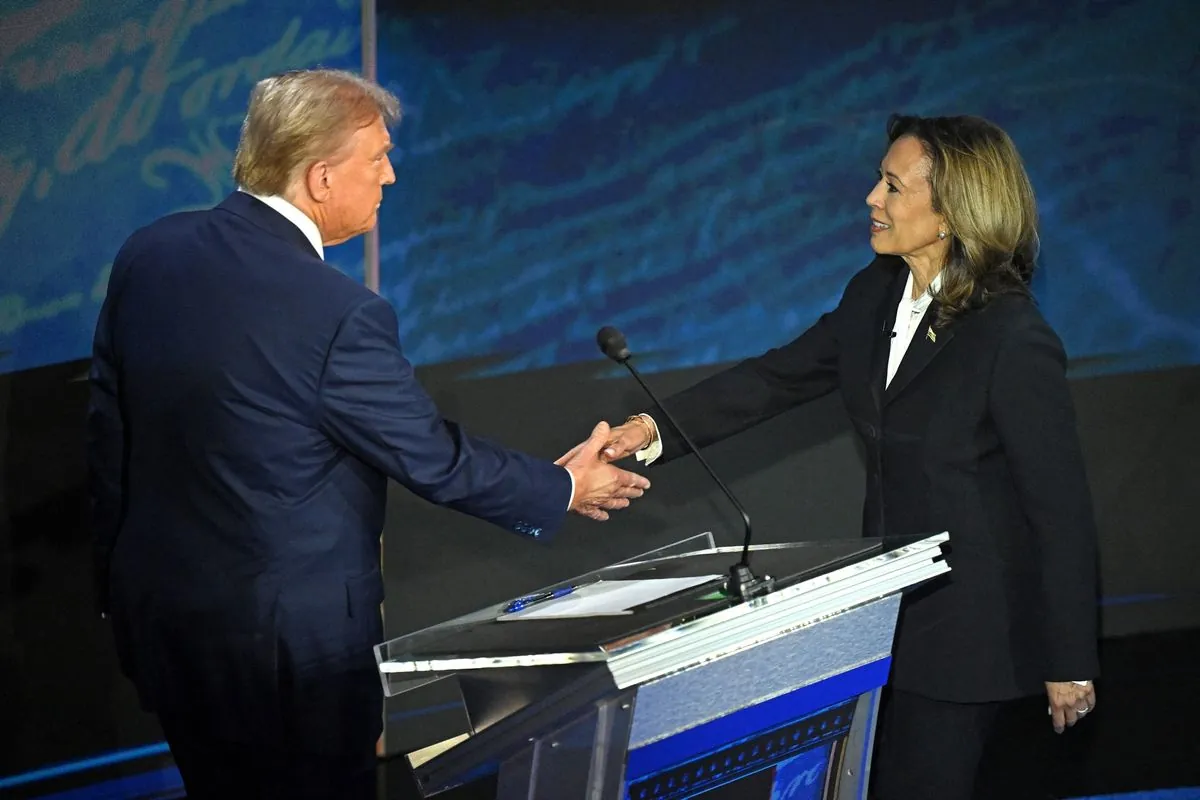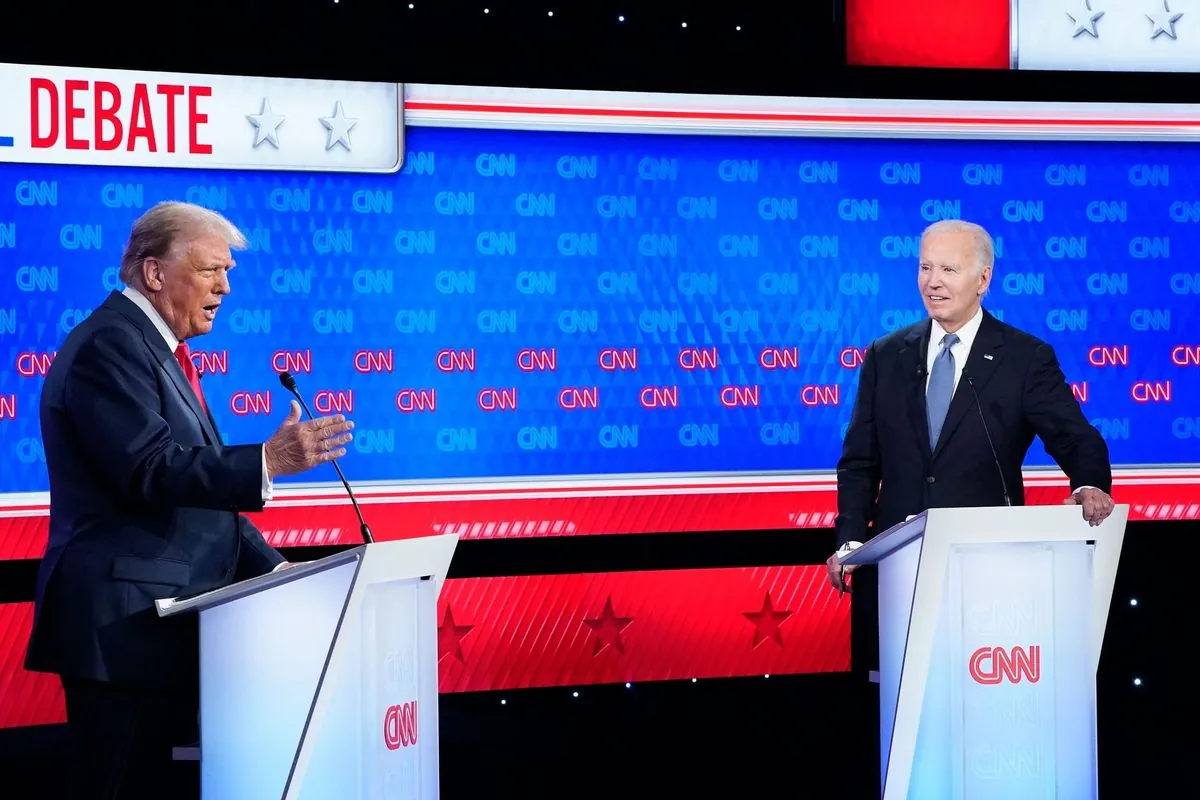Harris and Trump Clash in First 2024 Presidential Debate: Mixed Reactions
The first 2024 presidential debate between VP Kamala Harris and Donald Trump sparked diverse reactions from political strategists. Observers noted Harris's preparedness and Trump's focus on controversial topics.

On September 10, 2024, Vice President Kamala Harris and former President Donald Trump participated in their inaugural debate for the 2024 presidential election. This event, part of a tradition dating back to 1960, generated varied responses from political analysts and figures.
Marc Short, who previously served as chief of staff to former Vice President Pence, observed that Trump may have missed opportunities to focus on key issues. Short stated, > "Trump missed an opportunity to stay focused prosecuting the case against Biden-Harris on the economy and border and instead took her bait and chased down rabbit holes on election denialism and immigrants eating our pets. Harris passed the test of looking presidential and Trump didn't expose her historically radical positions. The impact will likely extend to competitive House races."
Democratic strategist Karen Finney praised Harris's performance, noting her ability to articulate her vision while allowing Trump to, in Finney's view, unravel. This debate, like many before it, lasted approximately 90 minutes and covered various domestic and foreign policy topics.
Malcolm Kenyatta, a Democratic candidate from Pennsylvania, offered a critical assessment of Trump's performance, describing it as "radically unhinged." Kenyatta's comments reflect the intense scrutiny candidates face during these high-stakes events.
Republican strategist Ron Bonjean acknowledged Harris's preparedness but questioned the debate's impact on undecided voters. This uncertainty highlights the complex role debates play in shaping public opinion, a phenomenon observed since the first televised debate between Kennedy and Nixon in 1960.

Amy Koch, another Republican strategist, noted Trump's apparent preparation but identified missed opportunities on certain issues. Koch's observations underscore the importance of debate preparation, a process that often involves extensive mock debates.
Republican donor Dan Eberhart expressed a contrasting view, praising Trump's performance as "focused, strong and in command of the issues." These divergent opinions reflect the subjective nature of debate assessments and the potential for post-debate spin to influence public perception.
As the first female, African American, and Asian American vice president, Harris's debate performance carries historical significance. Meanwhile, Trump's participation as a former president adds another layer of complexity to this electoral contest.
The debate's impact may extend beyond the presidential race to affect competitive House races, highlighting the interconnected nature of American politics. As the campaign progresses, future debates will likely continue to shape the narrative of this pivotal election.


































